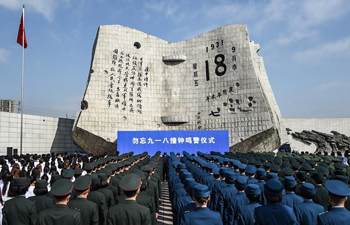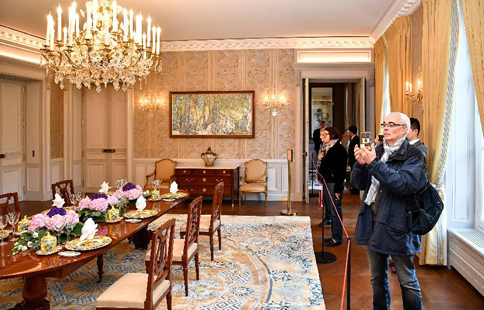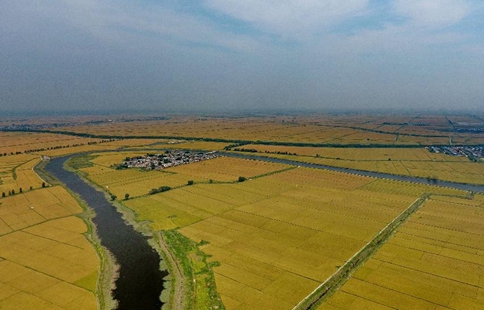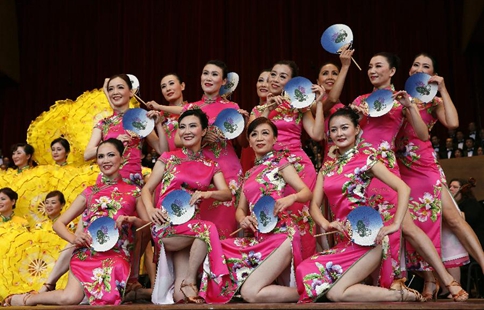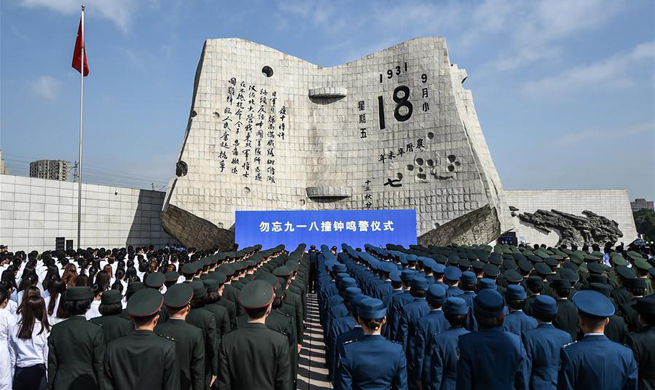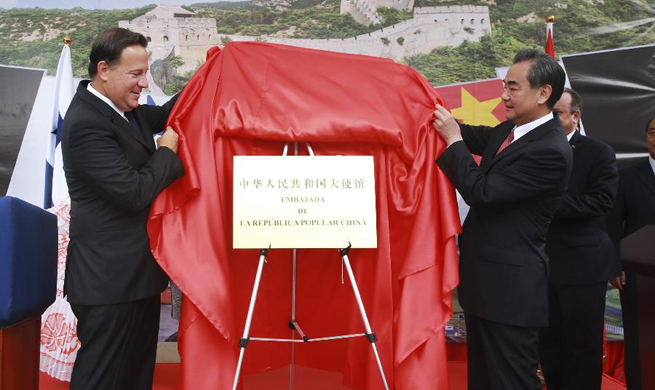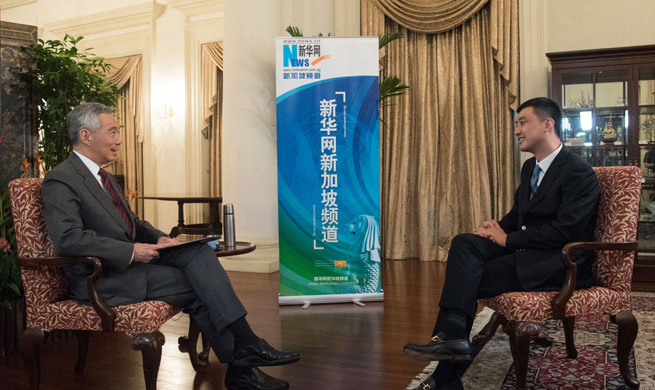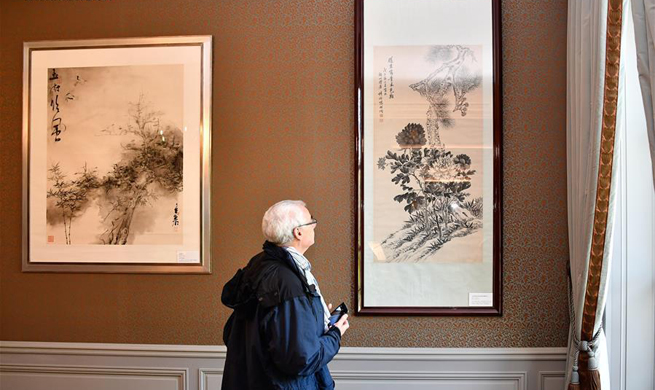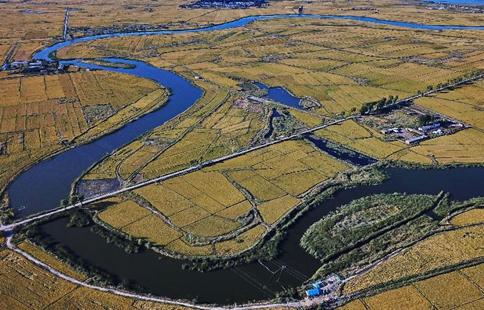by William M. Reilly
UNITED NATIONS, Sept. 18 (Xinhua) -- Windows washed, hedges trimmed, security heightened and the stage is set for some 130 heads of state and government and others gathering for the week-long VIP session of the U.N. General Assembly (UNGA), a real-life diplomatic drama starring U.S. President Donald Trump in his first appearance.
But the spotlight will only briefly be on him as hundreds of diplomats are expected to focus on U.N. reform and scores of other topics which remain high on the agenda, including the Middle East, climate change, hurricanes and the 2030 Sustainable Development Goals.
While the U.S. speaker at the annual event generally garners the greatest amount of curiosity, observers this year will be keenly tuned to see how Trump acts, given his history of controversy, his demand for reform and how he will push his "America First" agenda.
Ninety heads of state, more than 30 heads of governments, four vice presidents and three deputy prime ministers have been inscribed on the list of speakers, in addition to scores of ministers.
President Emmanuel Macron of France is scheduled to speak on Tuesday and British Prime Minister Theresa May on Wednesday.
At his first such session as U.N. secretary-general, Antonio Guterres of Portugal will deliver a report on the state of the organization at 9:00 a.m. EDT (1300 GMT) Tuesday, followed by Miroslav Lajcak of Slovakia, president of the 72nd General Assembly, officially opening the debate among states.
"Focusing on People -- Striving for Peace and a Decent Life for All on a Sustainable Planet" is the theme Lajcak chose for the UNGA.
The first of 196 speakers listed is President Michel Temer of Brazil, traditionally the first state to speak in the General Debate, as the confab is officially known, followed by Trump.
There are differing stories on how Brazil became first on the list. One yarn is that no one wanted to be the first because they would be facing a restless audience of diplomats still getting settled-in and another is that a Brazilian had spoken first at earlier meetings and just stepped into the slot. Nonetheless, Brazil has been first since the 1950s.
With only 193 member states in the United Nations, the total of 196 is reached because the European Union, the Holy See and the State of Palestine also were invited to speak.
The suggested time limit for speeches is 15-minutes, but many speakers went over the limit, notably Cuba's late President Fidel Castro who once spoke for almost five hours.
U.S. Ambassador to the United Nations Nikki Haley set an aggressive tone for Trump earlier in the year, saying when she first entered the 39-story Secretariat dominating headquarters campus that she was "taking names" of nations not cooperating in the U.S. quest for U.N. reform.
Reform runs from streamlining the organization's bureaucracy, through funds spent on peacekeeping operations, to the makeup of such bodies as the 15-member Security Council. Suggestions range from changing the budget from a two-year plan to one-year, and increasing council membership, including the number of permanent members, not to mention just streamlining operations.
The current general budget runs about 5.4 million U.S. dollars, with peacekeeping costing another 8.4 million dollars.
There are many other topics sure to be discussed either in the great General Assembly hall or on the margins of the debate in bilateral discussions between leaders of states.
Scores of cubicles with eight chairs and small occasional tables each, graced with Oriental-style rugs, have been set up in available lobby spaces for such meetings.





